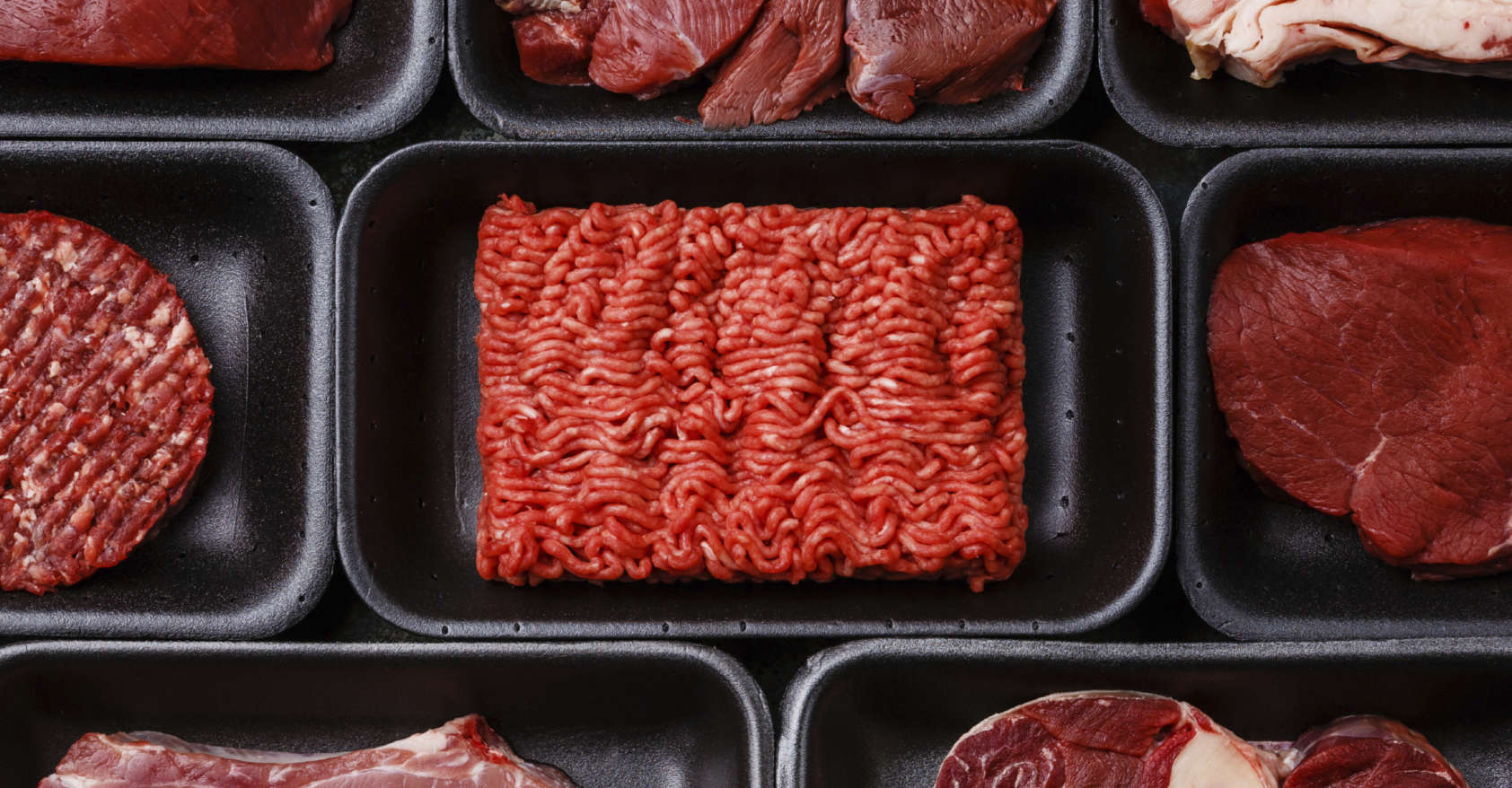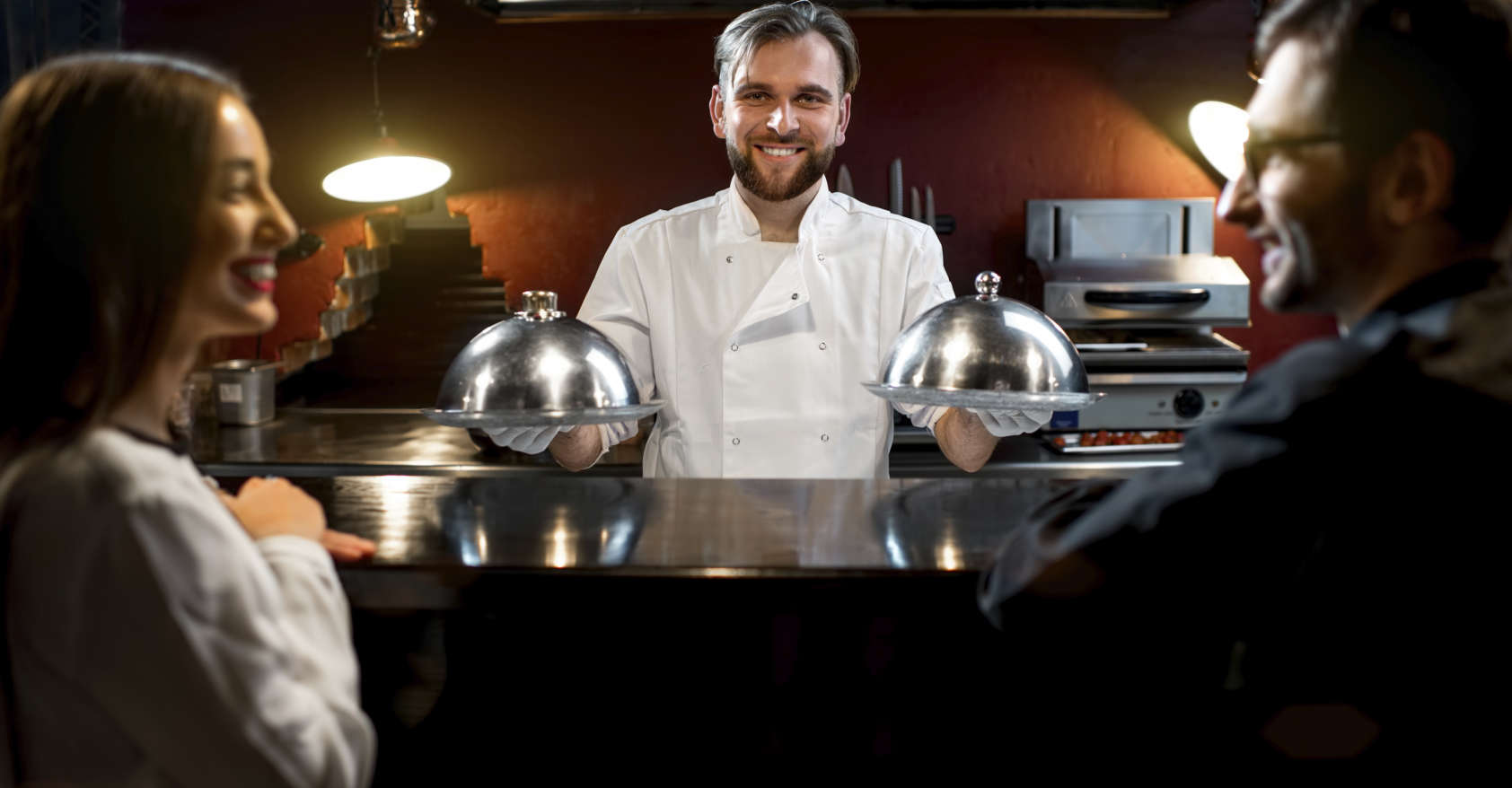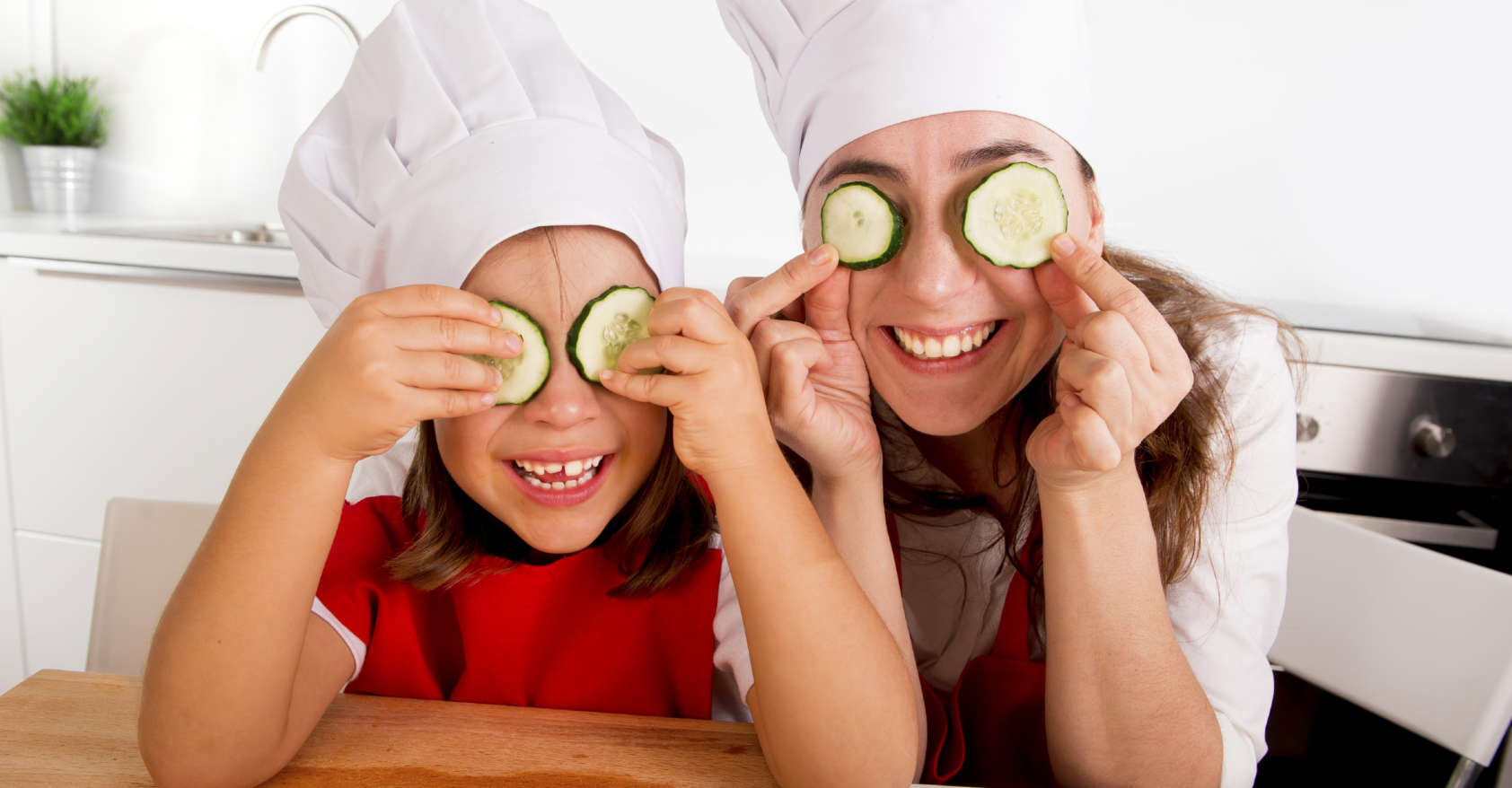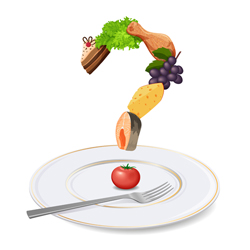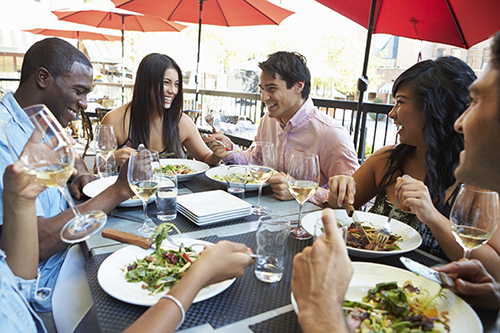The culinary world seems to discover a new dining trend every five minutes, but when it comes down to it, banquets haven’t changed all that much. There might be some inspiration and ideas event planners can learn from ancient Rome. I recently read this very entertaining and informative piece about history’s ten greatest banquets, and I was struck by what they had in common, all the way back to the days of Nero. They were once-in-a-lifetime events full of entertainment and surprise. They were opportunities for people to show off their wealth. But most importantly, whether it was dormice sprinkled with…



